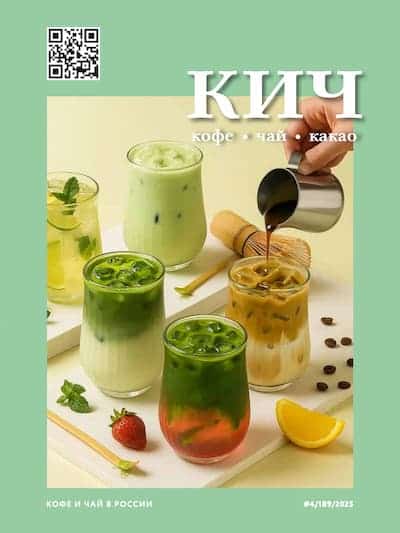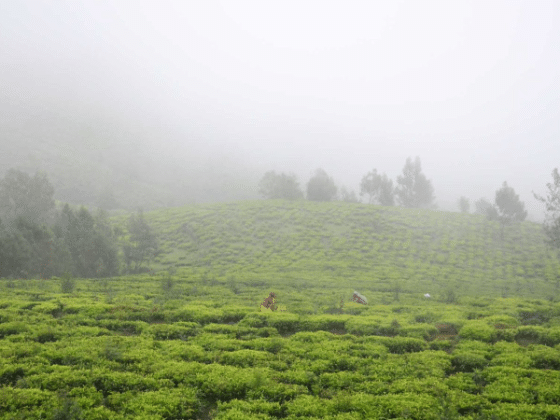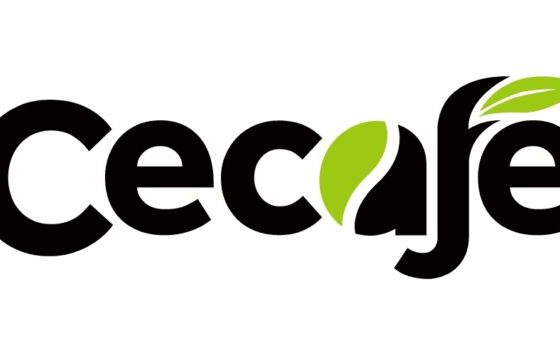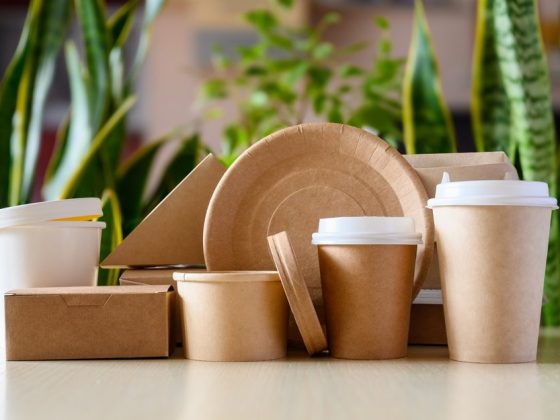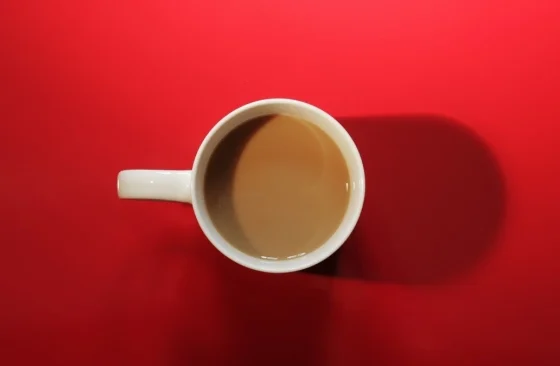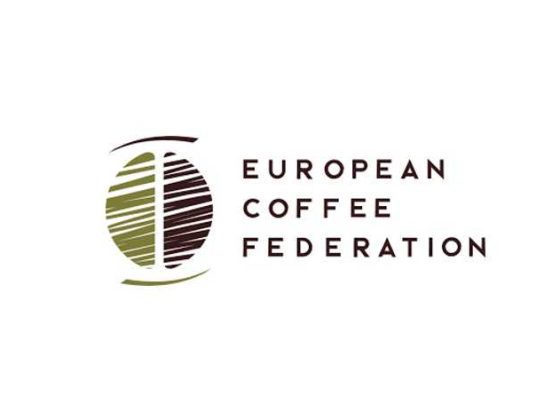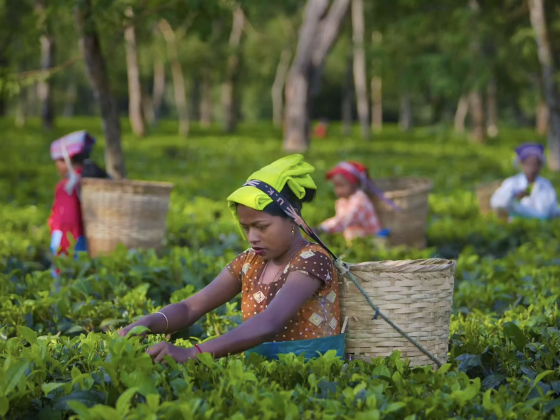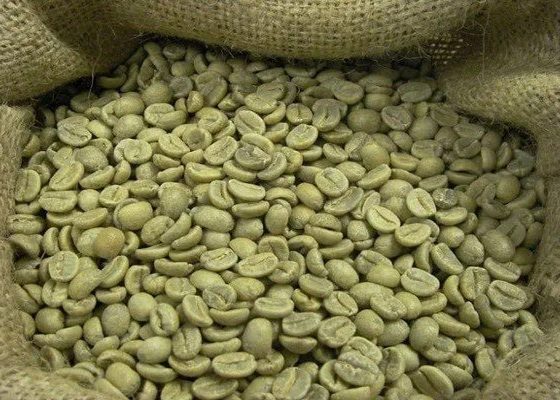Tchibo GmbH, one of Germany’s oldest and largest coffee companies, wants to generate excitement for its brand with a new premium single-serve coffee maker in colors including hot-red and aubergine.
The bright colors are part of a marketing strategy aimed at convincing German coffee drinkers to pick Tchibo over other brands in the crowded world of premium coffees dominated by such global giants as Nestle SA, Kraft Foods Inc. and, increasingly, Starbucks Corp. The machines are also Hamburg-based Tchibo’s latest bid to capture a portion of the rapidly growing high- margin single-serve capsule market.
«It’s now vital that Tchibo fights back against the likes of Nestle,» said Mark Josefson, an analyst at Silvia Quandt Research GmbH in Frankfurt. «A large part of growth in the coffee market comes from capsule coffee, so Tchibo has to be aggressive to compete in that market.»
The capsule market is heating up. Nestle, the world’s largest food company and maker of Nespresso, plans to step up production. Starbucks, based in Seattle, said last week it will introduce the Verismo single-cup brewer this year to take on U.S. rivals such as Green Mountain Coffee Roasters Inc.
Closely held Tchibo sells most of its coffee in supermarkets and in 820 of its owns stores, yet it sees an increasing portion of its future sales in capsules.
«We expect the whole capsule market to grow 30 percent to 35 percent and we expect to grow even more than this,» said Hamid Dastmalchian, director of Tchibo’s Cafissimo unit.
New Design
Capsules now represent a quarter of Germany’s 3.9 billion- euro ($5.1 billion) coffee market, about six times more than in 2005, and may account for a third by 2015, Euromonitor International estimates. Still, it’s not only there that competition is raging.
The company, which introduced the Cafissimo capsule system almost two decades after Vevey, Switzerland-based Nestle started selling Nespresso machines to households, plans to come up with new ranges and colors this year to keep up with competitors.
A new design for the Cafissimo Classic machine, priced at 99 euros, was unveiled this month and Tchibo plans to expand its premium Grand Classe range, an alternative to Nestle’s Grand Cru, in the first half. German sales of Nespresso increased by more than 50 percent in 2010 after the brand introduced Grand Cru, according to Euromonitor.
Faster Than Beer
Germany’s coffee market is a big catch, almost four times that of the U.K. and almost twice that of France in 2010, Boston Consulting Group estimates. Average sales growth of 4.6 percent a year from 2005 to 2010 was 10 times faster than beer and almost three times that of wine, Boston Consulting Group estimates. Germans drank 6.4 kilograms (14.1 pounds) of coffee each in 2010, compared with 5.7 kilograms for the French, according to the European Coffee Federation.
Capsules represent a smaller, though faster-growing, part of the market as consumers turn to machines that can deliver espresso quickly and conveniently. Sales were $976 million in 2011, Euromonitor estimates. Cafissimo, introduced seven years ago, accounted for 0.5 percentage point of German coffee spending in 2010, less than Nespresso’s 0.8 percent, while Kraft Foods Inc.’s Tassimo and Nestle’s Dolce Gusto represent 1.7 and 1.1 percent, respectively, Euromonitor said.
Kraft leads the overall coffee market, accounting for about 19 percent of retail sales, ahead of Tchibo and discounter Aldi Group with 14 percent each, the research company estimates.
Phones, Holidays
For Tchibo, whose stores also sell items ranging from clothes and kitchenware to phone contracts and holiday packages, the growth of capsule sales has led to increased competition.
Nestle said Feb. 24 it plans to spend 220 million euros building a factory in Germany to make Nescafe Dolce Gusto pods. The plant in Schwerin, in the north of the country, will produce about 2 billion coffee capsules a year.
Source: sfgate.com/cgi-bin/article.cgi?f=/g/a/2012/03/12/bloomberg_articlesLZHTZZ0UQVI901-M0S4S.DTL
